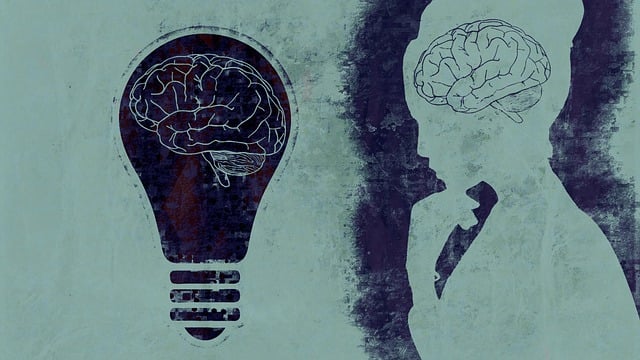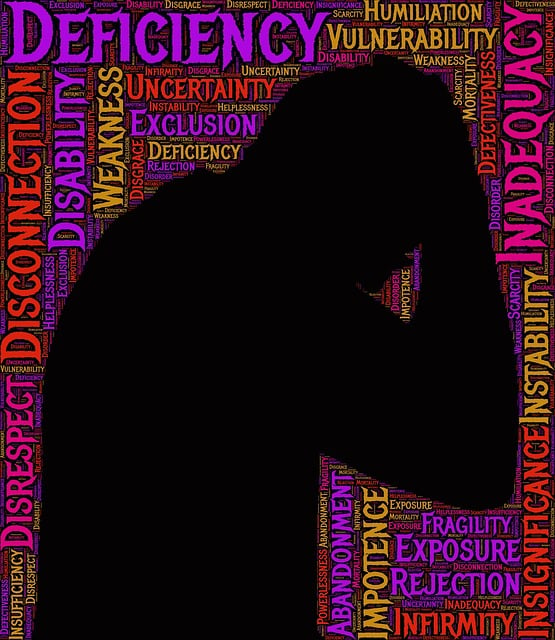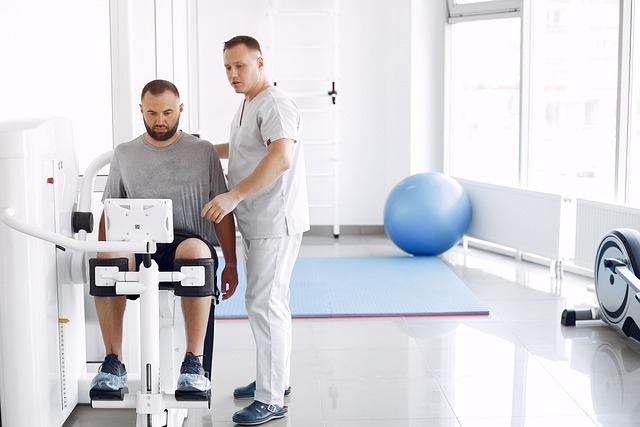Physician addiction treatment programs address unique challenges faced by healthcare professionals, who may struggle with stress and addiction due to their demanding work. These specialized centers offer tailored support including counseling, peer groups, and therapeutic activities to help physicians recover, regain balance, and improve their well-being. Early recognition of addiction is crucial, as it can lead to impaired judgment and decreased patient care quality. Specialized programs focus on evidence-based therapies, peer support, and mentorship in safe environments to facilitate healing, prevent burnout, and ensure high-quality patient care. Building a supportive community through peer groups and continuing education further enhances long-term recovery.
“In the high-pressure world of healthcare, physicians and medical professionals face unique challenges that can lead to stress, burnout, and, in some cases, addiction. Understanding the specific needs of this demographic is crucial for addressing a growing concern: physician addiction. This article explores specialized luxury treatment programs designed to cater to these complex issues. We delve into the prevalence of addiction within the healthcare sector, the importance of comprehensive approaches, evidence-based therapies, and the vital role of supportive communities in aiding physicians’ recovery and overall well-being.”
- Understanding the Unique Needs of Physicians
- The Prevalence and Impact of Addiction in Healthcare Professionals
- Specialized Treatment Programs: A Comprehensive Approach
- Evidence-Based Therapies for Physician Recovery
- Building a Supportive Community: Post-Treatment Care for Medical Professionals
Understanding the Unique Needs of Physicians

Physicians and healthcare professionals face unique challenges that can lead to stress, burnout, and even addiction. The demanding nature of their work often exposes them to traumatic situations, which can take a significant toll on their mental and emotional well-being. Recognizing these specialized needs is crucial for creating effective support systems. Physician addiction treatment programs cater to these specific requirements, offering comprehensive care tailored to address the complex issues faced by medical professionals.
These programs understand that healthcare workers may struggle with unique forms of stress, such as dealing with life-or-death situations or carrying the emotional burden of patient care. As a result, they provide specialized assistance, including counseling services, peer support groups, and therapeutic activities designed to facilitate recovery and resilience. By addressing these underlying issues, medical professional treatment centers help physicians find balance, improve their overall well-being, and ultimately enhance their ability to deliver quality care.
The Prevalence and Impact of Addiction in Healthcare Professionals

The issue of addiction among healthcare professionals, particularly physicians, is a growing concern within the medical community. Despite the high standards and ethical expectations placed on them, physicians are not immune to struggles with substance abuse or behavioral addictions. The prevalence of addiction in this sector is often underreported due to the unique challenges associated with recognition and admission. Many healthcare professionals may hesitate to seek physician addiction treatment out of fear of stigma, career repercussions, or a lack of understanding about available resources.
Addiction has far-reaching consequences for both individuals and patients. Unaddressed, it can lead to impaired judgment, decreased patient care quality, and even medical errors. Recognizing the signs early is crucial, as healthcare professional recovery programs offer specialized support tailored to the unique needs of physicians. These treatment options, including medical professional treatment centers and assistance networks, are designed to foster a supportive environment for healing while ensuring confidentiality and career continuity.
Specialized Treatment Programs: A Comprehensive Approach

Specialized treatment programs tailored for physicians and healthcare professionals offer a comprehensive approach to addressing addiction and mental health issues within this unique demographic. These programs recognize the distinct challenges faced by medical practitioners, who often juggle high-stress workloads, long hours, and intense emotional demands. By providing targeted interventions and support, these initiatives aim to facilitate effective recovery and prevent burnout.
Incorporating evidence-based therapies, peer support groups, and personalized mentorship, such programs create a safe and understanding environment for healthcare professionals to process their struggles openly. The focus on physician assistance and medical professional treatment goes beyond mere detoxification, emphasizing holistic healing that incorporates physical, emotional, and psychological well-being. Through these comprehensive initiatives, the goal is not only to restore individual health but also to enhance the overall quality of care provided by these essential members of our healthcare system.
Evidence-Based Therapies for Physician Recovery

Physicians and healthcare professionals, like anyone else, are susceptible to addiction and stress-related issues. When it comes to their own recovery, evidence-based therapies offer a structured and effective approach. These therapies are designed to address the unique challenges faced by medical professionals, taking into account the high-pressure environments they work in and the potential for burnout and substance abuse.
Specialized programs focus on cognitive behavioral therapy (CBT), mindfulness practices, and trauma-informed care, which have been proven to aid in managing stress, anxiety, and depression. Additionally, peer support groups provide a safe space for healthcare workers to share experiences and gain valuable insights from fellow professionals who understand the demands of their field. These evidence-based methods not only facilitate recovery but also promote long-term wellness, ensuring medical professionals can continue to deliver quality care with renewed enthusiasm and resilience.
Building a Supportive Community: Post-Treatment Care for Medical Professionals

Building a supportive community is an integral part of effective physician addiction treatment and post-treatment care for healthcare professionals. After completing a specialized program, medical professionals require ongoing support to maintain their recovery. This can be facilitated through peer support groups, where doctors and other healthcare workers can share experiences, challenges, and strategies for staying sober. Such communities foster a sense of belonging and understanding, crucial for long-term recovery.
Additionally, continuing education and professional development opportunities play a vital role in the healing process. Many programs offer aftercare plans that include access to resources like counseling services, medical supervision, and specialized training tailored to the unique needs of healthcare professionals. These comprehensive approaches ensure that physicians and their colleagues receive the necessary assistance, promoting not only their personal recovery but also the maintenance of high-quality patient care.
Physician addiction treatment is a specialized field that addresses the unique challenges faced by healthcare professionals. By understanding the prevalence and impact of addiction within this demographic, we can develop comprehensive programs that combine evidence-based therapies with supportive communities. This holistic approach ensures medical professionals receive the care they need to recover, recharge, and reconnect, ultimately fostering healthier practices and better patient outcomes.






